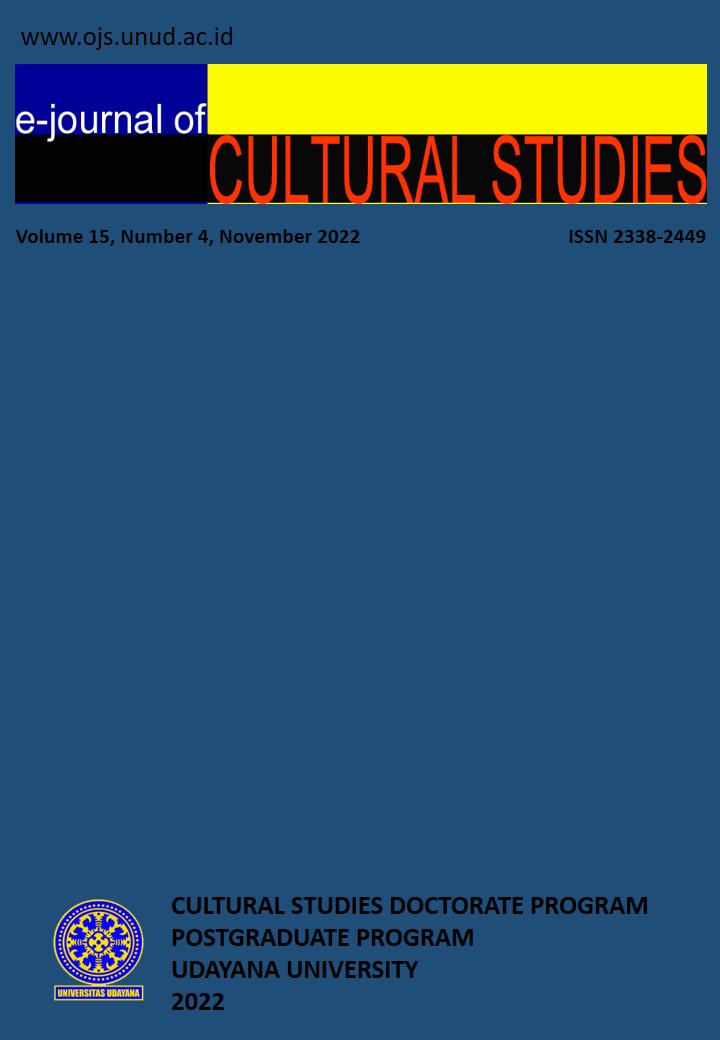OTHERING, STEREOTYPING, HYBRIDITY IN ‘HUJAN BULAN JUNI’: A POSTCOLONIAL ANALYSIS
Abstract
This study tries to examine the nature of Indonesian identity. Even though the term ‘Indonesia’ has been used since 1900 to cultivate the sense of nationalism among nationalist young people who came from various cultures across different islands of Indonesia, it is still complicated to define. One of the reasons is Indonesia was colonized for hundreds of years, and the colonialism had a great impact in defining what being Indonesian means. This issue is captured in Sapardi Djoko Darmono’s novel titled ‘Hujan Bulan Juni’ which became the object of this qualitative study. The main characters, Sarwono and Pingkan, are narrated to come from different Indonesian ethnicities with different set of cultures. Using the postcolonial theories of othering, stereotyping, and hybridity postulated by Homi K. Bhabha, this study found that othering and stereotyping are still perpetuated in post-colonial era and therefore problematic. The reality of hybridity could therefore become an answer to negotiate Indonesian identity.
Keywords: othering, stereotyping, hybridity, post-colonial







